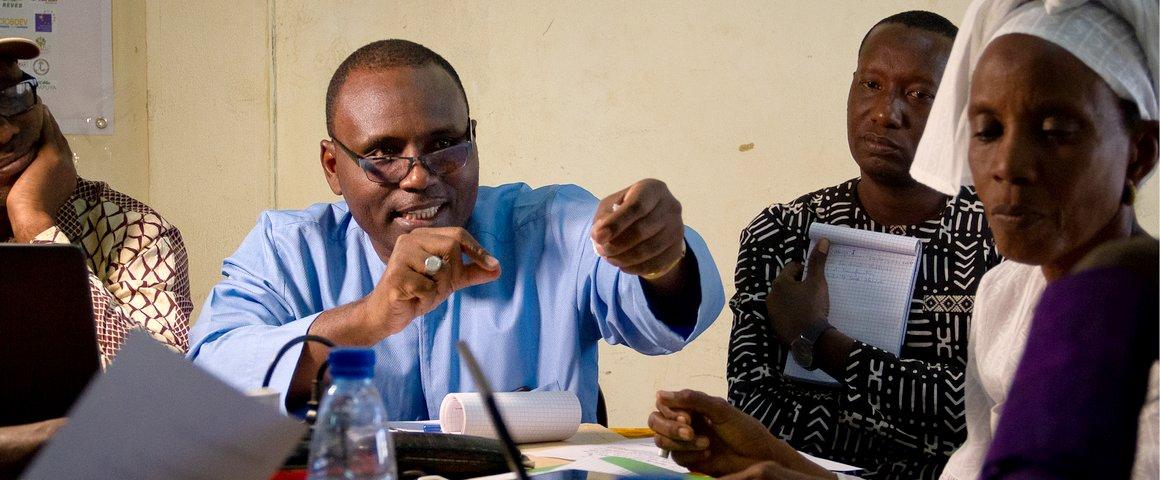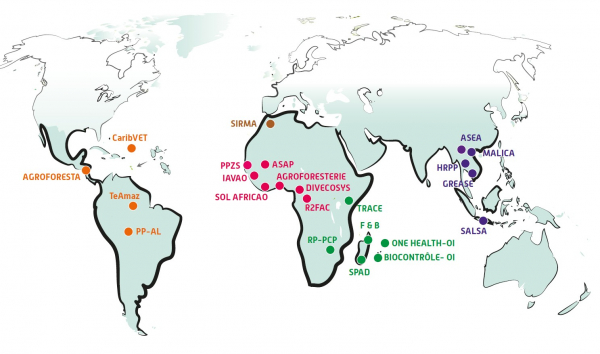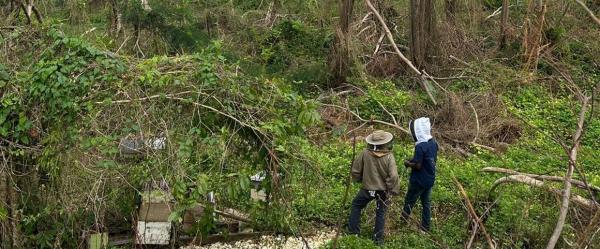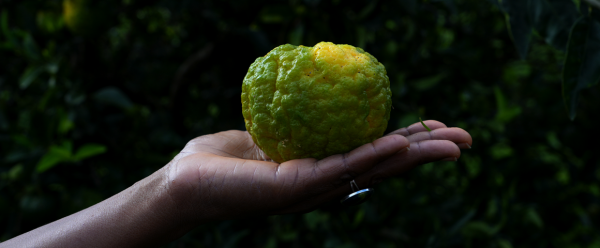Science at work 14 January 2026
- Home
- CIRAD news
- News
- dPs, driving South-South cooperation
Platforms in partnership for research and training, driving South-South cooperation

© R. Belmin, CIRAD
"Partnerships are not an easy undertaking. You have to learn to work together, and partnerships can't be built in a day", says Prisca Mugabe, coordinator of the RP-PCP (Production and conservation in partnership in southern Africa) platform, which has associated 14 partner institutions, 11 of them in Africa, since 2007.
RP-PCP is one of the 20 platforms in partnership for research and training (dPs) launched since 2006. These long-term multilateral platforms bring together scientists from various institutions to work on key regional issues. "They drive South-South cooperation on an unprecedented regional scale", Tanguy Lafarge, Partnerships Officer at CIRAD.
dP SIRMA (Irrigated Systems in North Africa), set up more than 20 years ago, involves some 60 researchers, teachers and PhD students, working to analyse and support the dynamics of irrigated systems in North Africa. It is a skills network that has been working for several years with scientists from a completely different region, the Brazilian Nordeste, on issues surrounding water management in semi-arid environments.
dP PPZS (Pastoralism and Drylands in West Africa) is a scientific interest group set up in 2001 by four institutions: the Institut sénégalais de recherches agricoles (ISRA), Cheikh Anta Diop University (UCAD), the Centre de suivi écologique (CSE) and CIRAD.
“The issue for this platform was to build a scientific team to work on pastoralism”, says Tamsir Mbaye, coordinator of dP PPZS and Head of the Centre national de recherches forestières (CNRF) at ISRA (Institut sénégalais de recherches agricoles). “The topic was the poor relation in terms of research at the time. This allowed us to put related research issues onto a number of agendas, and to obtain funding from major programmes such as the Regional Sahel Pastoralism Support Project (PRAPS) coordinated by the Permanent Interstate Committee for Drought Control in the Sahel (CILSS) under the political leadership of the Economic community of West African States (ECOWAS) and the West African Economic and Monetary Union (UEMOA) and funded by the World Bank.”
20 platforms to guarantee long-term partnerships
The dPs aim to respond, via research, innovation and training, to specific development challenges identified over several years by partners working on those issues. In association with the global research sector, they serve to federate regional scientific communities open to the global North that cover a large part of the intertropical zone.
These platforms offer a model for cooperation that could be reproduced on a global scale, which is not intended to place CIRAD at the heart of partnerships but at fostering South-South exchanges. This makes them a particularly popular tool as far as partners in the global South are concerned. dPs are set up by a consortium of partners and supported by CIRAD, and serve each signatory as tools for both cooperation and coordination. There are currently plans to build new synergies, for instance by opening up to civil society players and encouraging greater interaction between dPs in a given region or working on the same topic, to boost the impact of this South-South cooperation and working together to build long-term solutions.




























